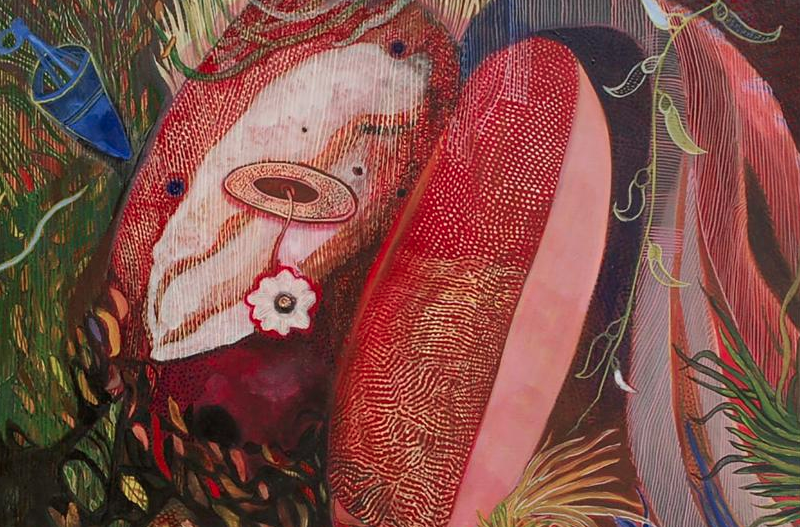Seam
Tarfia Faizullah
Southern Illinois University Press, $15.95 (paper)
In Seam, Tarfia Faizullah sets out on a Fulbright-funded ethnographic mission to Bangladesh to “gather the materials” of wartime rape survivors, but she transmutes and transmits their testimonies through “lace-frail,” “blood-bright” language. The particular voices of the “brave women of Sirajganj Mohila Sangstha” are nearly drowned out in the “smoke-watered world” of Faizullah’s desperate lyricism. Those who would forbid poetry after Auschwitz might also forbid these “moon-pale” metaphors after the 1971 Liberation War and would surely censor her confessions of lust as she circles that locus of sexual violence. But Faizullah violates these familiar political injunctions by drinking deeply the “wincing tincture” of disavowed desire: for beauty after terror, for “neat narrative” after secret history, for the incandescent intensity of the homeland her parents strain to leave behind. Ultimately the poet-interviewer turns against herself with the accusing finger of the second person, demanding to know if this is what “you wanted? The outline of the rape / victim standing against a many-winged / darkening” for “the darkness she stood against” to become, by sleek comparison, the “yards of violet velvet / your mother once cut into dresses.” In moments such as this, Seam lets its poetic intentions unravel even as it elaborately stitches its tight couplets, its crown of sonnets, its ripe aubades and wistful elegies. If the poetry seems overwrought in places, if it works itself ragged to make wearable the darkness that “made us made us made us,” we might wonder why it should show less labor.







